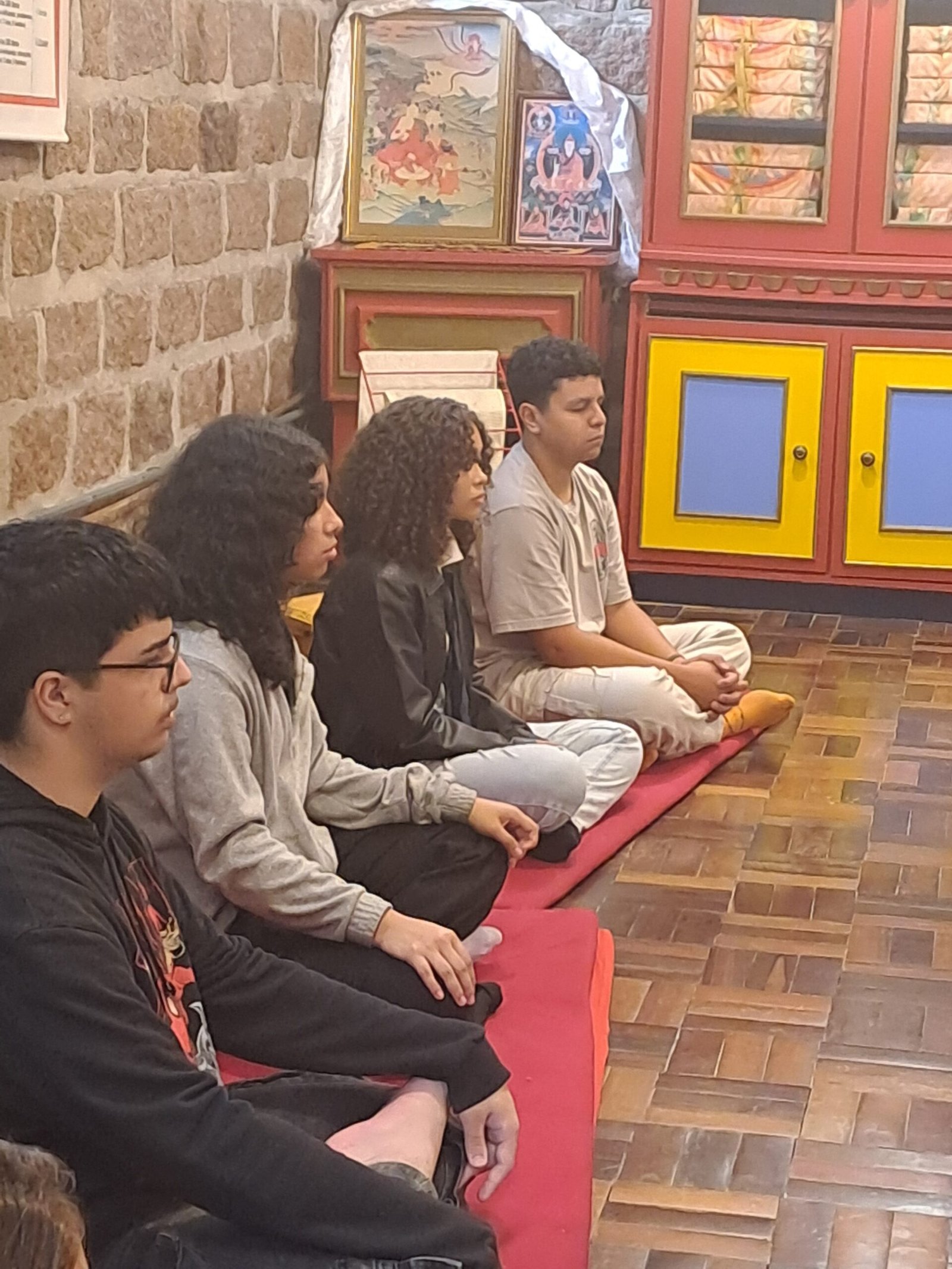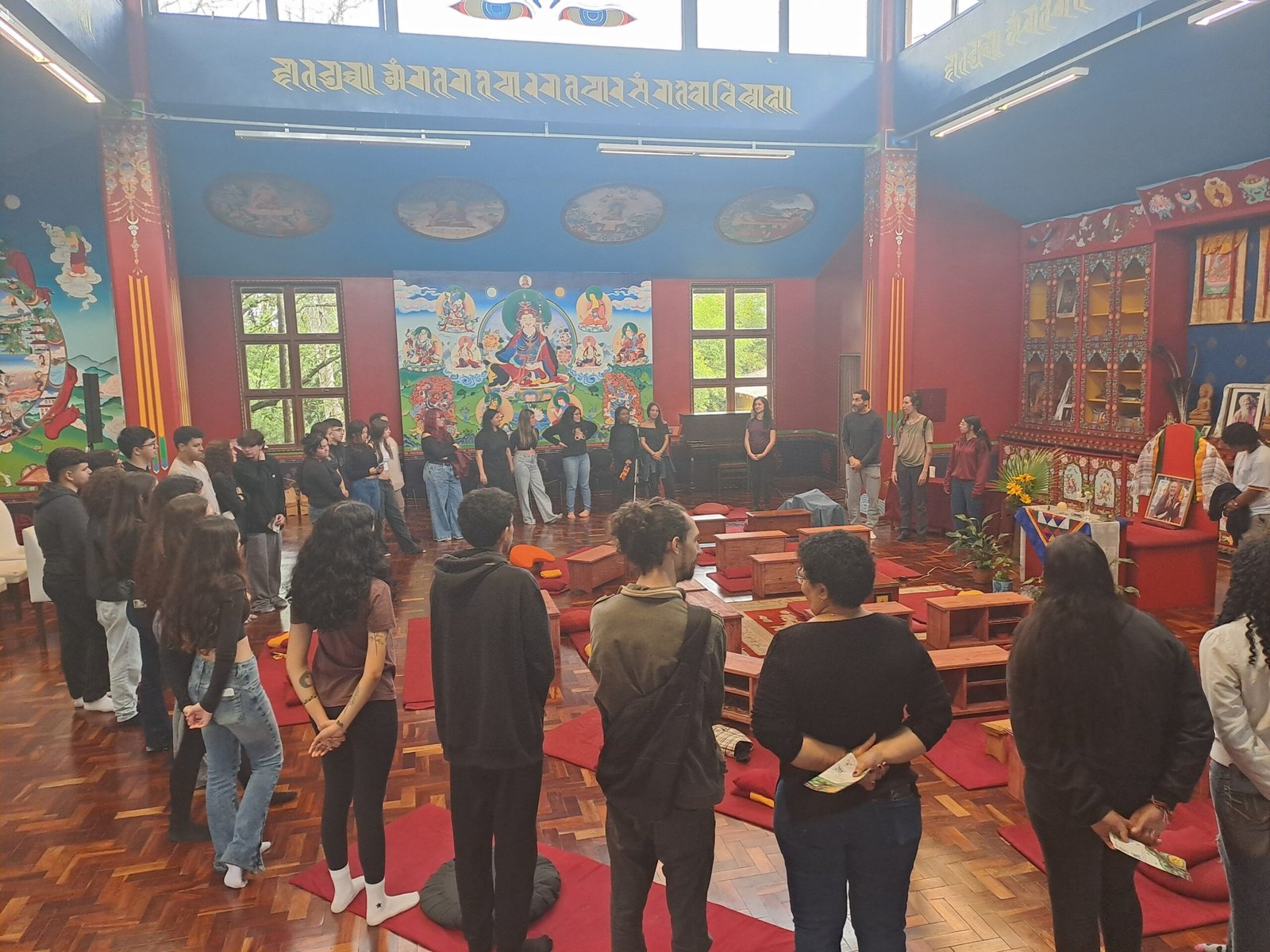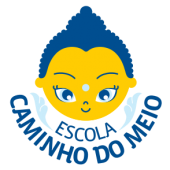
Quem Somos
Somos uma entidade sem fins lucrativos com a missão de contribuir para o desenvolvimento humano, a transformação social e a cultura de paz
O Instituto Caminho do Meio (ICM) foi fundado em 2008, consolidando as ações de transformação social do mestre budista Lama Padma Samten e de seus estudantes, praticantes do budismo tibetano ligados ao Centro de Estudos Budistas Bodisatva (CEBB).
As atividades do ICM acontecem em diversas cidades do Brasil, junto às Aldeias CEBB – comunidades que surgem em torno dos centros budistas do CEBB. Atualmente, são sediadas principalmente em cinco destas aldeias: Viamão (RS), Timbaúba (PE), Alto Paraíso (GO), Canelinha (SC) e Quatro Barras (PR).






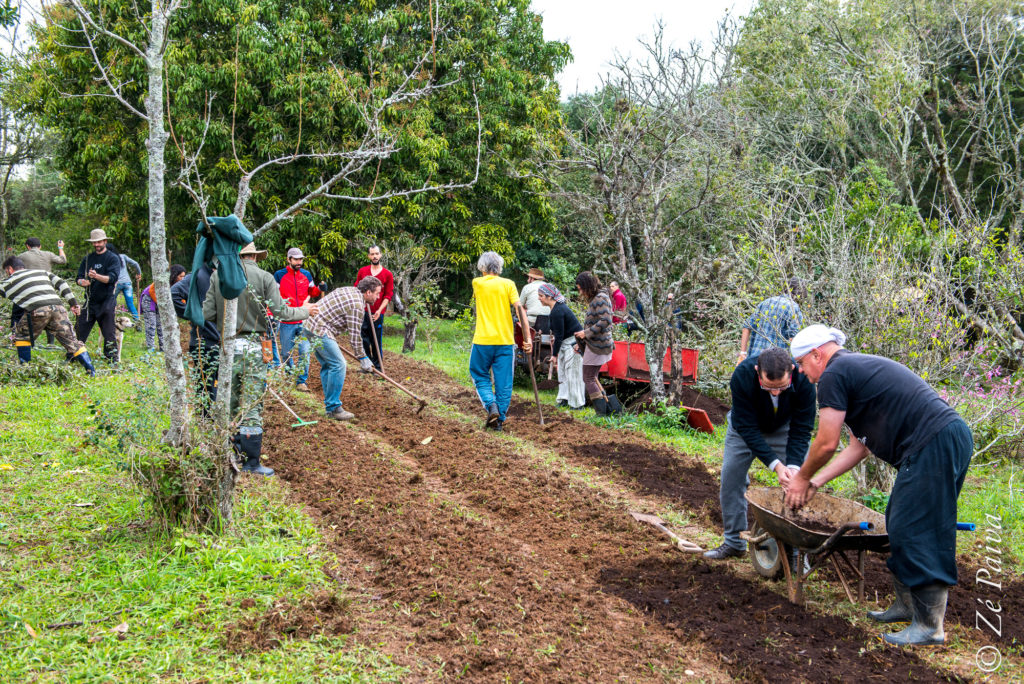
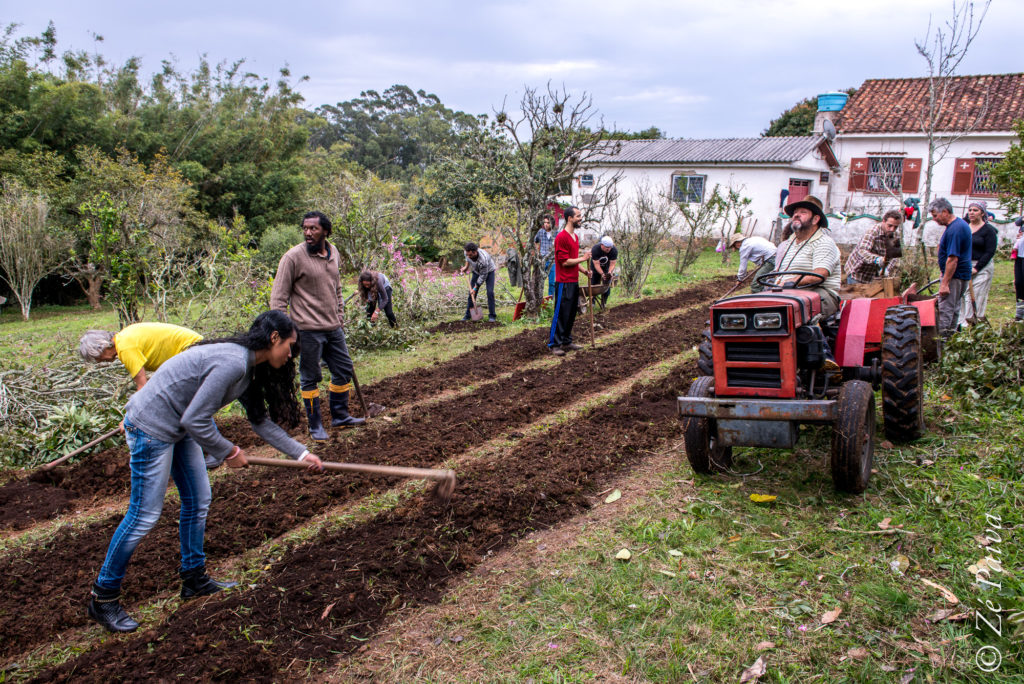

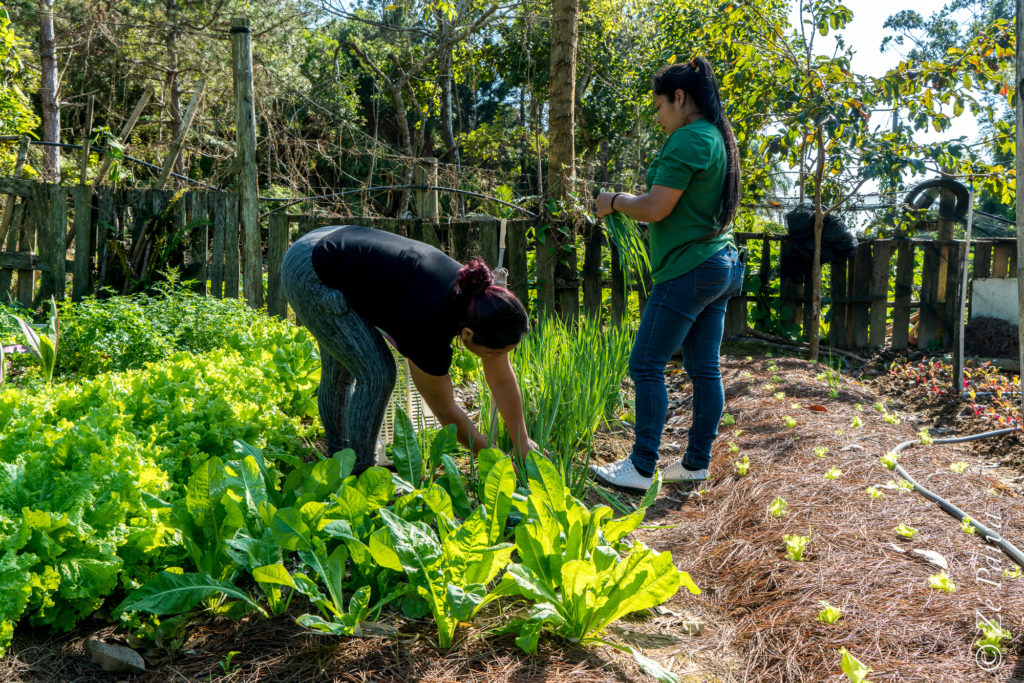
Nossa história

O Instituto Caminho do Meio foi constituído juridicamente em 2008, mas suas atividades tiveram início muito antes, pela visão e ação de Lama Padma Samten
Relações Institucionais
Onu

Onde Atuamos
Realizamos diversas atividades de interesse público, além de fomentar estudos, pesquisas, desenvolvimento de tecnologias alternativas, e a produção e divulgação de conhecimentos técnicos e científicos em nossas áreas de atuação:
Educação para a felicidade
O objetivo é oferecer ações formativas e educativas para a Cultura de Paz, baseada no reconhecimento do mundo interno, em valores positivos e em um modo de vida mais fraterno e sustentável. Além de cursos abertos e formações em vários âmbitos, o ICM é mantenedor de três escolas de Educação Infantil e de Ensino Fundamental.
Ação social e fortalecimento de relações
Tem por objetivo o desenvolvimento de relações positivas com a sociedade, apoiando e oferecendo ações de assistência social, convivência e fortalecimento de vínculos, oficinas profissionalizantes e atividades esportivas, culturais e sociais.
Agroecologia e práticas regenerativas
Busca promover ações educativas e formações continuadas nas áreas de sustentabilidade, ecologia, desenvolvimento sustentável, produção de alimentos, dentre outros temas.
Também apoia atividades de economia solidária e agricultura familiar. Na região da Chapada dos Veadeiros (GO), sua atuação ganhou a forma de um Centro de Pesquisa em Agricultura Sintrópica (CEPEAS).
Atuação com comunidades tradicionais
A valorização e a troca de saberes junto a comunidades tradicionais brasileiras são o objetivo aqui.
O Instituto Caminho do Meio recebe regularmente a visita de lideranças indígenas de diversas etnias, abrindo espaço para a escuta e o aprendizado a partir das visões próprias de suas culturas. Em particular, temos atuado com as aldeias Guarani Mbya do Rio Grande do Sul.
Saúde, cuidados e bem viver
Busca promover abordagens de saúde e de cuidado com a vida na sua integralidade, incluindo as dimensões coletivas e psíquicas das causas de adoecimento, valorizando a regeneração e a prevenção.
Para isso, conta com uma rede de terapeutas filiados a diferentes tradições, promovendo também cursos de formação em linhas diversas.
Comunicação para transformar o mundo
Tem por objetivo a produção de conteúdos e fomento de ações sobre questões importantes para transformação do mundo, bem como a promoção de diálogos entre diferentes tradições religiosas e movimentos sociais, culturais e ambientais diversos.
Destaque para a Plataforma Bodisatva (Revista e Editora) e o encontro “108 Horas de Paz”, realizado anualmente, desde 1999.

